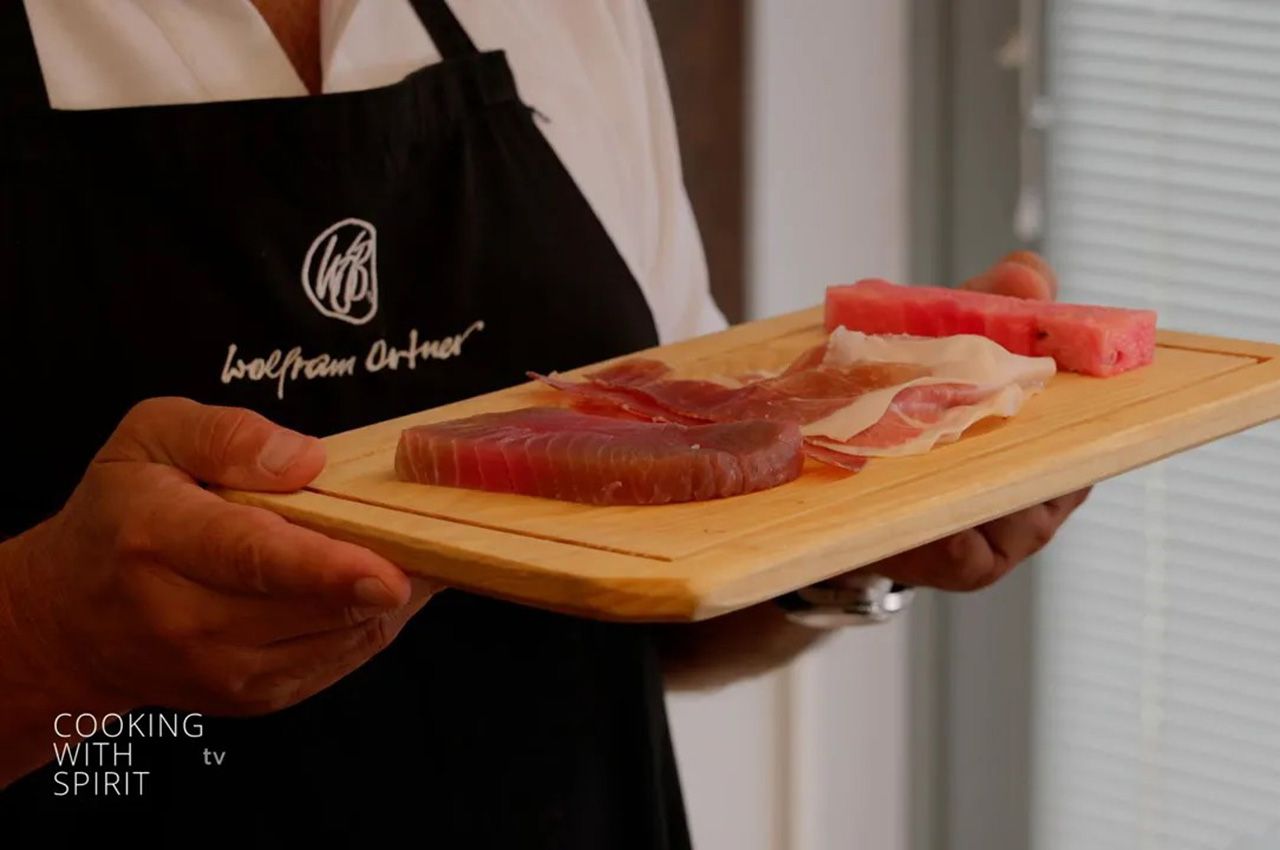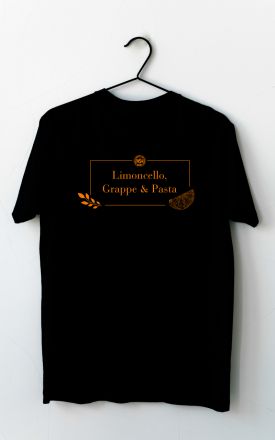
Table of Contents
- What is Baijiu? Understanding China’s Traditional Spirit
- A Brief History and Cultural Significance of Baijiu
- Types of Baijiu: Exploring the Aromatic Spectrum
- How Baijiu is Made: Traditional Craftsmanship Meets Regional Ingredients
- What Does Baijiu Taste Like? A Flavor Journey
- How to Drink Baijiu Properly: The Art of Pairing and Savoring
- Why Should You Try Baijiu? Expanding Your Spirit Horizons
- Frequently Asked Questions (FAQ) About Baijiu
- Conclusion: Embrace the Spirit of Baijiu The Chinese Spirit
Baijiu The Chinese Spirit: Everything You Need to Know About China’s Most Iconic Liquor
Welcome to a deep dive into Baijiu The Chinese Spirit, a fascinating traditional liquor that has been an integral part of Chinese culture for thousands of years. As explored by Inside World-Spirits TV, Baijiu is much more than just a drink—it’s a symbol of heritage, craftsmanship, and culinary tradition. In this article, I will guide you through the essentials of Baijiu, its varieties, production, unique flavors, and how to enjoy it properly with food. Whether you are a spirit enthusiast or simply curious about this unique Chinese liquor, this comprehensive guide will provide you with everything you need to know.
What is Baijiu? Understanding China’s Traditional Spirit
The term Baijiu (白酒) literally translates to “white alcohol” in Chinese. In essence, it means liquor, but Baijiu stands apart because it represents a category of distilled spirits deeply rooted in Chinese history and culture. Unlike many Western spirits, Baijiu has a distinctive production process, ingredients, and flavor profile that reflect the diverse regions and traditions of China.
One of the first things to understand is that Baijiu is not a single product but rather a family of liquors. The word itself is generic in China, simply meaning “liquor,” but the varieties are what make Baijiu special. These include light aroma Baijiu, mixed aroma Baijiu, rice aroma Baijiu, and strong aroma Baijiu, each offering a unique tasting experience.

A Brief History and Cultural Significance of Baijiu
Baijiu’s origins date back to the Han Dynasty (206 BC – 220 AD), making it one of the oldest distilled spirits in the world. Throughout Chinese history, Baijiu has been more than just a beverage; it’s been a central element in ceremonies, festivals, family gatherings, and business banquets. The spirit embodies social bonding and respect, symbolizing hospitality and celebration.
In modern China, Baijiu remains the most widely consumed spirit and is produced in huge quantities across the country. It’s not just a drink but a cultural experience that encompasses regional diversity, craftsmanship, and tradition.
Types of Baijiu: Exploring the Aromatic Spectrum
Baijiu is categorized primarily by aroma types, which also influence their flavor profiles and production methods. Understanding these types is essential to appreciate Baijiu fully:
- Light Aroma Baijiu: Known for its mild, floral, and delicate character, this style is lighter on the palate and often preferred by beginners or those new to Baijiu.
- Strong Aroma Baijiu: Bold, fruity, and intensely flavorful, this type is made using sorghum or millet and undergoes a special fermentation process. It is the most popular style in China and known for its powerful aroma and complex taste.
- Rice Aroma Baijiu: Made primarily from rice, this Baijiu is smooth and slightly sweet, offering a different kind of softness and elegance in its flavor.
- Mixed Aroma Baijiu: A combination of several aroma styles, this variant blends characteristics to create a balanced and nuanced spirit.

Strong Aroma Baijiu: The Heart of Baijiu Production
Among these styles, Strong Aroma Baijiu stands out due to its unique production process and flavor. It is traditionally made from millet or sorghum and undergoes a fermentation that can last months, often in mud pits or earthenware jars. This method contributes to its distinctive fruity and chocolatey notes that many Baijiu lovers cherish.
For example, the city of Mudai, with a population of around 40,000, is almost synonymous with Baijiu production, with about 30,000 inhabitants working in distilleries. This highlights not only the economic importance of Baijiu but also its cultural significance within local communities.
How Baijiu is Made: Traditional Craftsmanship Meets Regional Ingredients
Baijiu production is a meticulous process involving unique fermentation and distillation techniques that have been perfected over centuries. The key ingredients often include millet, sorghum, or rice, depending on the Baijiu type. The fermentation process uses a starter culture called qu, which contains various naturally occurring molds, yeasts, and bacteria that break down starches into fermentable sugars.
What makes Baijiu’s production truly special is the environment in which fermentation occurs. Many distilleries use underground pits or clay jars, which contribute to the spirit’s aroma and flavor. The aging process, blending, and bottling are also carefully controlled to maintain consistency and quality.
The scale of production in some regions is staggering. For instance, some distilleries produce thousands of bottles daily, with premium bottles selling for hundreds of dollars in duty-free shops worldwide. This combination of tradition and industrial scale underscores Baijiu’s importance both locally and globally.

What Does Baijiu Taste Like? A Flavor Journey
Describing Baijiu’s flavor can be challenging because it defies simple categorization. Depending on the type, Baijiu can range from milky and lactic to fruity, chocolatey, or earthy. Some varieties have a creamy texture with subtle sweetness, while others are bold and pungent with complex aromas.
Strong Aroma Baijiu, for example, is known for its deep berry and chocolate notes, which make it a rich and intense experience. Light Aroma Baijiu offers floral and delicate nuances that are more approachable. Rice Aroma Baijiu tends to be smoother and sweeter, perfect for those who prefer a gentler spirit.
One important aspect of Baijiu is that it is traditionally consumed with food. The flavors of Baijiu complement a wide range of Chinese dishes, enhancing the dining experience. Whether paired with spicy Sichuan cuisine or delicate Cantonese dim sum, Baijiu adds depth and complexity to the meal.

How to Drink Baijiu Properly: The Art of Pairing and Savoring
Baijiu is never meant to be consumed alone or as a quick shot. Instead, it is best enjoyed slowly, in small sips, and always with food. This tradition emphasizes the spirit’s role in social bonding and culinary enjoyment rather than mere intoxication.
When drinking Baijiu, consider the following tips:
- Start with light or rice aroma Baijiu if you are a beginner, as these are milder and more approachable.
- Pair Baijiu with food to balance its intensity. Lighter Baijius go well with mild dishes, while strong aroma Baijius complement richer, spicier foods.
- Sip slowly to appreciate the complex flavors and aromas.
- Enjoy Baijiu as part of a shared meal, reflecting its cultural roots in Chinese hospitality and celebration.
Remember, Baijiu is about the experience—its culture, flavors, and the connections it fosters. So the next time you have a meal that could use an exciting new twist, consider reaching for a bottle of Baijiu.

Why Should You Try Baijiu? Expanding Your Spirit Horizons
If you are a fan of whisky, cognac, or premium liqueurs, Baijiu offers a completely new perspective on spirit culture. Its unique flavors, rich history, and cultural significance make it a fascinating spirit to explore. Trying Baijiu not only broadens your palate but also deepens your understanding of Chinese tradition and craftsmanship.
Baijiu’s growing popularity among spirit enthusiasts worldwide shows that this ancient liquor is finding new fans beyond its homeland. Whether you are curious about global spirits or looking for a distinctive drink to add to your collection, Baijiu The Chinese Spirit is worth discovering.
Conclusion: Embrace the Spirit of Baijiu The Chinese Spirit
Baijiu represents a rich tapestry of Chinese culture, tradition, and craftsmanship. From its ancient origins to its diverse types and complex flavors, Baijiu offers a unique drinking experience that’s deeply intertwined with food and social rituals. Whether you want to expand your knowledge of global spirits or enjoy a new taste sensation, Baijiu The Chinese Spirit is an exciting discovery waiting to be made.
So, the next time you’re looking to explore something new in the world of spirits, consider Baijiu. Sample its varieties, savor its flavors, and enjoy it alongside a delicious meal. Cheers to discovering a truly unique and captivating spirit!
FAQ - Häufig gestellte Fragen
Die Verwandtschaftsgrade zwischen Kriecherl, Kirschpflaume, Ringlotte und Mirabelle sind faszinierend und bieten Einblicke in die Vielfalt der Steinobstsorten. Die Unterschiede liegen nicht nur in der Aromatik und der Fruchtmasse, sondern auch in der Geschichte und Züchtung.
Die Zwetschke wird weniger rustikal wahrgenommen, da sie nicht überreif geerntet wird. Überreife Früchte neigen dazu, rustikalere Noten zu entwickeln, während optimal gereifte Früchte elegante und duftige Aromen hervorbringen.
Die Fruchtreife spielt eine entscheidende Rolle für die Qualität des Destillats. Überreife Früchte können zu rustikaleren Noten führen, während optimal gereifte Früchte elegante und duftige Aromen hervorbringen. Die Reife der Frucht beeinflusst das Geschmacksprofil des Destillats maßgeblich.
Beim Brennen von Steinobst ist es entscheidend, dass die Stein- und Fruchtanteile in einem harmonischen Verhältnis stehen. Das Entkernen würde das Gleichgewicht zwischen Stein und Frucht stören und somit das Destillat beeinträchtigen. Beide Komponenten sind essentiell für ein ausgewogenes Destillat.
Sesorisches Wissen Kompakt - IWS.TV Fibel


Can tuna with prosciutto food fusion really work? A Mediterranean Surf & Turf Recipe




















